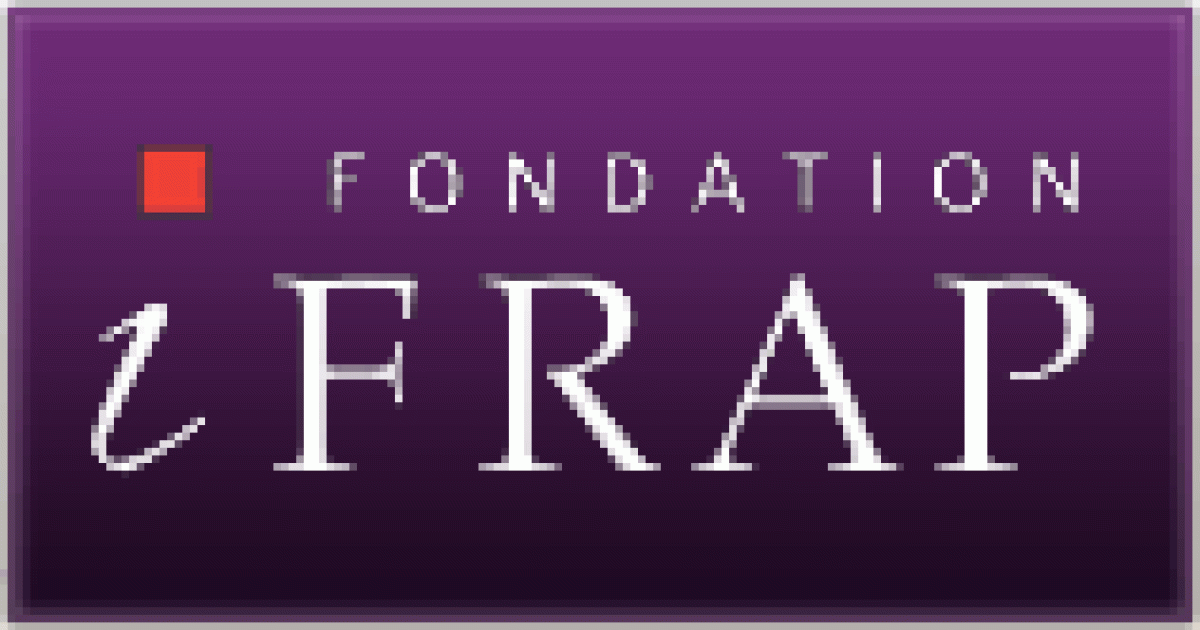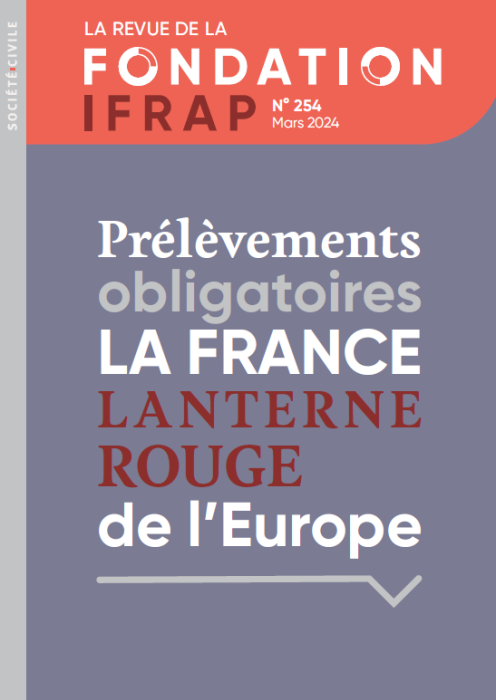The iFRAP Foundation

 The iFRAP Foundation (French Institute for the Research on Public Administration and Politics) aims to produce studies and scientific research about the efficiency of public policies, specifically concerning employment, job creation, and economic development. Our research is then used to inform and shape public opinion, offer new measures for improvement, and to undertake all necessary actions to ensure the proposed measures are implemented by the government.
The iFRAP Foundation (French Institute for the Research on Public Administration and Politics) aims to produce studies and scientific research about the efficiency of public policies, specifically concerning employment, job creation, and economic development. Our research is then used to inform and shape public opinion, offer new measures for improvement, and to undertake all necessary actions to ensure the proposed measures are implemented by the government.
1985 : Bernard Zimmern created iFRAP, a think-tank, to counter bureaucracy and allow the development of businesses and the creation of jobs.
2009 : iFRAP became the iFRAP “Foundation” (as opposed to Institute), as a form of official recognition by decree of the Prime Minister published in the Journal Officiel.
Ethics
Entirely dedicated to research on public policies, the iFRAP Foundation is wholly financed by the generosity of private donors ; this allows the iFRAP team complete freedom of speech and expression in its choices of research and its reform proposals.
Our method : Concrete Proposals
The iFRAP Foundation is composed of 15 or so researchers, of which half are volunteers. Agnes Verdier-Molinie iFRAP's director, and leads a team possessing varied and refined skills in economics, finance, law, taxation, and statistics. The research and studies produced by the Foundation are published every month in a review called Societe Civile, edited by Sandrine Gorreri.
Recognized Expertise...
With more than one run per day in the medias, the iFRAP Foundation is the think-tank the most solicited by the press, as well as by radio and television programs. Researchers at the Foundation also participate in conferences, in Parliament meetings, and regularly advise ministerial counselors in charge of current reforms.
... and results
Since 1985, the iFRAP Foundation has enabled several of its proposed measures to be passed into laws :
- The creation of an evaluation Committee for the control of public policy at the Assemblee nationale
- The end of the ANPE monopoly
- An ISF deduction for investments made in small businesses
- SCT, or companies with fiscal transparency
- Opening up recruitment of public hospital directors to graduates of private institutions
- A law requiring transparence in the financing of unions
